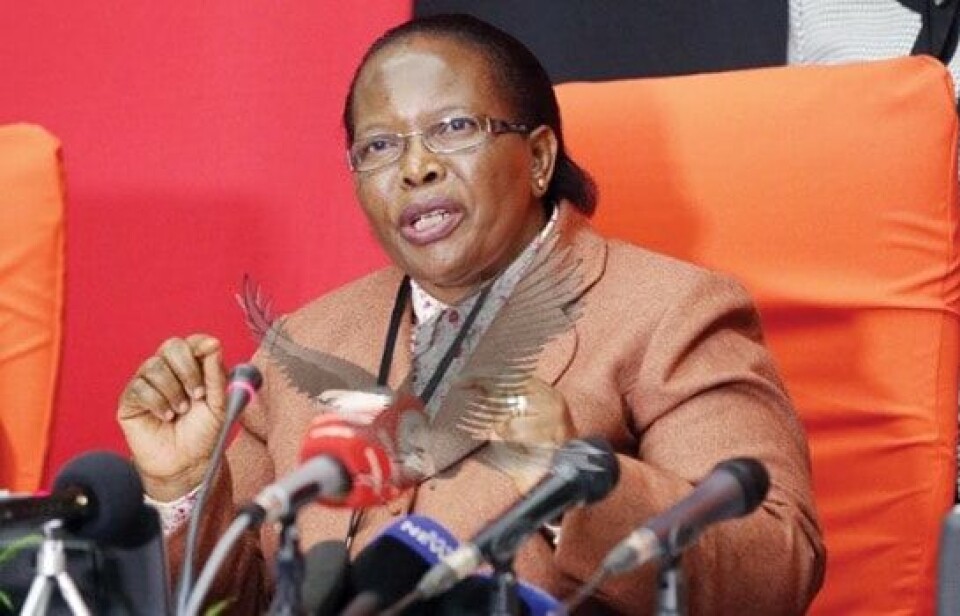“It’s a topic dear to my heart,” the judge said, addressing a symposium of women accountants on the subject titled: “Beyond the glass ceiling - Balancing for Better” in Lusaka earlier this month.
And so it should be. She was appointed a judge in the 1980s when there were only four female judges in the country.
Now she is the chief justice and, she boasted, two other women, Judge Hildah Chimbomba and Judge Fulgency Chisanga respectively head up the country’s Constitutional Court and the Court of Appeal.
In her speech, to the 3rd Forum for Zambia Women Accountants National Symposium, she said that currently, out of 76 judges of superior courts, 40 are female. And, out of 218 magistrates, 79 are female.
“As an institution we fully embrace the policy of having as many women as possible in leadership positions.”
The Chief Justice said this was in accordance with a Southern African Development Community declaration on gender and development which compels member states to have a 50/50 split of men and women in decision-making structures.
“We are confident that these numbers will improve, bearing in mind that we are coming from a situation where there were no female judges at all in the superior courts until 1982 when now retired judge, Florence Mumba, was appointed to the high court.”
The country’s pro gender equality bias was also reflected in public institutions. The current 21-strong cabinet consists of nine women, among them the first female vice-president.
And women make up 25 percent of members of parliament.
She cautioned, however, that women must not shy away from their “traditional roles” - and that both men and women should be able to exploit their full potential to contribute to national development.
“When I take time off in order to have a baby and take time off to breastfeed, I am not wasting time. I cannot delegate breastfeeding. It has to be me.
“As I perform this unique and important role, I am contributing to national development because the country needs human resources. Those in leadership and the law must support this unique role of a woman. There is, therefore, a delicate balancing act between building a career and, sometimes, family life.”
Mambilima said those in leadership positions needed to “continuously update their approach”.
“As a leader, you deal with different kinds of people and different kinds of issues. I have learnt to approach every situation with a cool temperament and understand the issues I am confronted with. There is need for team work and sometimes insights are triggered by the contribution of the most junior staff.
“Set goals for yourself and keep sharpening your skills. Always be a team player and support other members of your team.
“More importantly, take the time to mentor young people, male and female alike. Both men and women are partners in professional development.”

